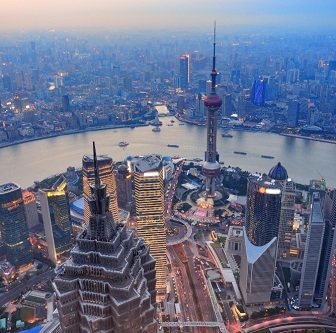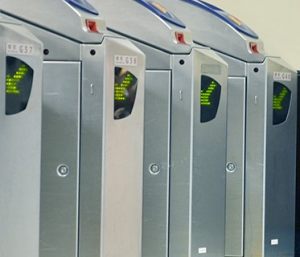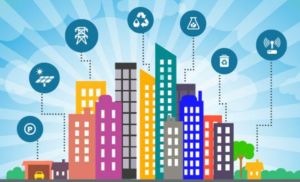






Smart cities are becoming a major focus across the globe. The EU Commission defines a smart city as ‘A place where traditional networks and services are made more efficient with the use of digital solutions for the benefit of its inhabitants and business. It means smarter urban transport networks, upgraded water supply and waste disposal facilities, more efficient ways to light and heat buildings and brilliant governance’. For this, the smart city strategy has to fit into the qualitative upgrade of the city by ticking all the boxes such as innovation, technology, economic growth and sustainable development. In short, it is a new urban utopia.